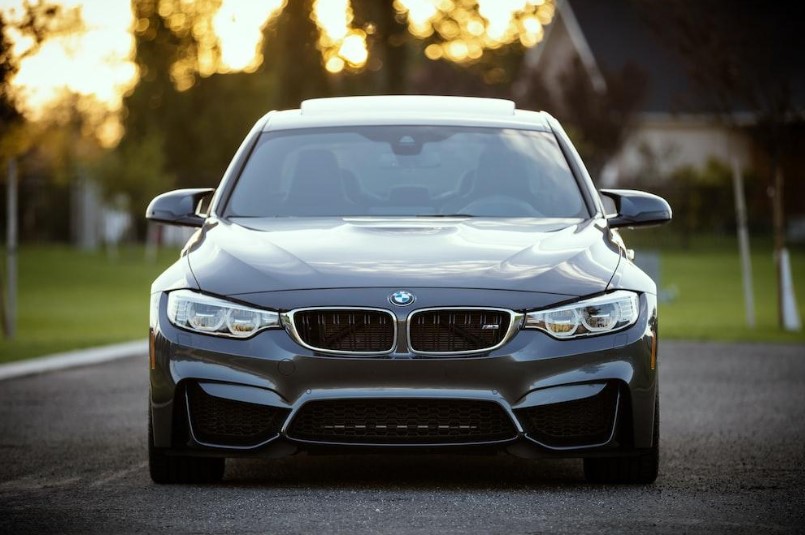A high-end, elegant-looking BMW car is an asset for automobile enthusiasts. But, this premium-class car will not deliver the best performance if you have not maintained it regularly. Scratches and dings are some minor aesthetic issues that may not affect your driving experience. However, if there are issues with the internal components, you will find eventual breakdowns of your BMW car. Let us make a checklist of your BMW car maintenance.
Table of Contents
Toggle#1. Replace the old oil
Engine oil plays an important role in making your engine long-lasting. It helps you with engine lubrication and better fuel economy. You can avoid mechanical failure by lubricating your engine regularly. What’s more, your engine will be free of debris with this approach. But, old, dirty oil may slow down your engine, decrease fuel economy, and increase temperature through constant friction.
If you have not replaced the dirty oil, it will be responsible for air pollution too. So, oil replacement should be a part of your BMW maintenance schedule. There are synthetic and conventional petroleum-based oils; the oil you need depends on your BMW model.
#2. Check the tires
A flat tire will lead to a loss of control when you drive the car. Moreover, if there is a worn-out tread, sharp metal objects and rocks can easily puncture your car tire. It is essential to check the tread depth of your tire. The minimum tread depth that is safe for your car is 2/32 inches. However, regardless of the tread depth, you must replace the tires after 8 years. You can consider Arrowhead BMW service providers for help with any maintenance task.
#3. Inspect the brakes
Checking the brake system is important for ensuring safety during your ride. Faulty brakes can cause risks to you and your passengers. You must replace brake pads after covering 50,000 miles.
If you have heard an odd metal scraping sound or squealing noise, it indicates the deteriorated condition of the brakes. The thickness of BMW brake pads ranges from 10 to 12 mm. But, when it becomes 3 mm, you should replace them.
#4. Replace Spark Plugs
The combustion process is highly essential to power your BMW vehicle. The spark plug is the main component responsible for this problem, as it adds air with fuel. Defective spark plugs will affect the engine of your car; it does not cost much to repair or replace your spark plugs. Rough idle, power loss and high fuel usage are signs of damaged spark plugs. So, you should consider the service from professional mechanics to deal with your spark plugs.
#5. Wiper blade
Inspecting the wiper blade is vital, as it keeps the windshield glass obstruction-free clean. It helps in sweeping the dust and dirt off the glass. A good vision is essential to ensure safety when you drive your vehicle. Sometimes, the blade’s rubber wears out, and that’s why you must replace it on time.
So, create your BMW maintenance checklist and keep your vehicle in the best condition. Look for a car mechanic to inspect every part of your BMW car model.











